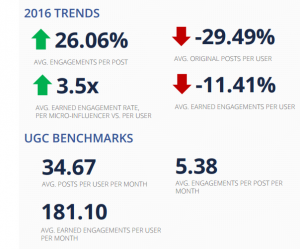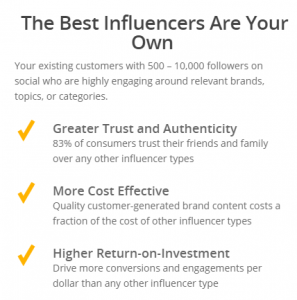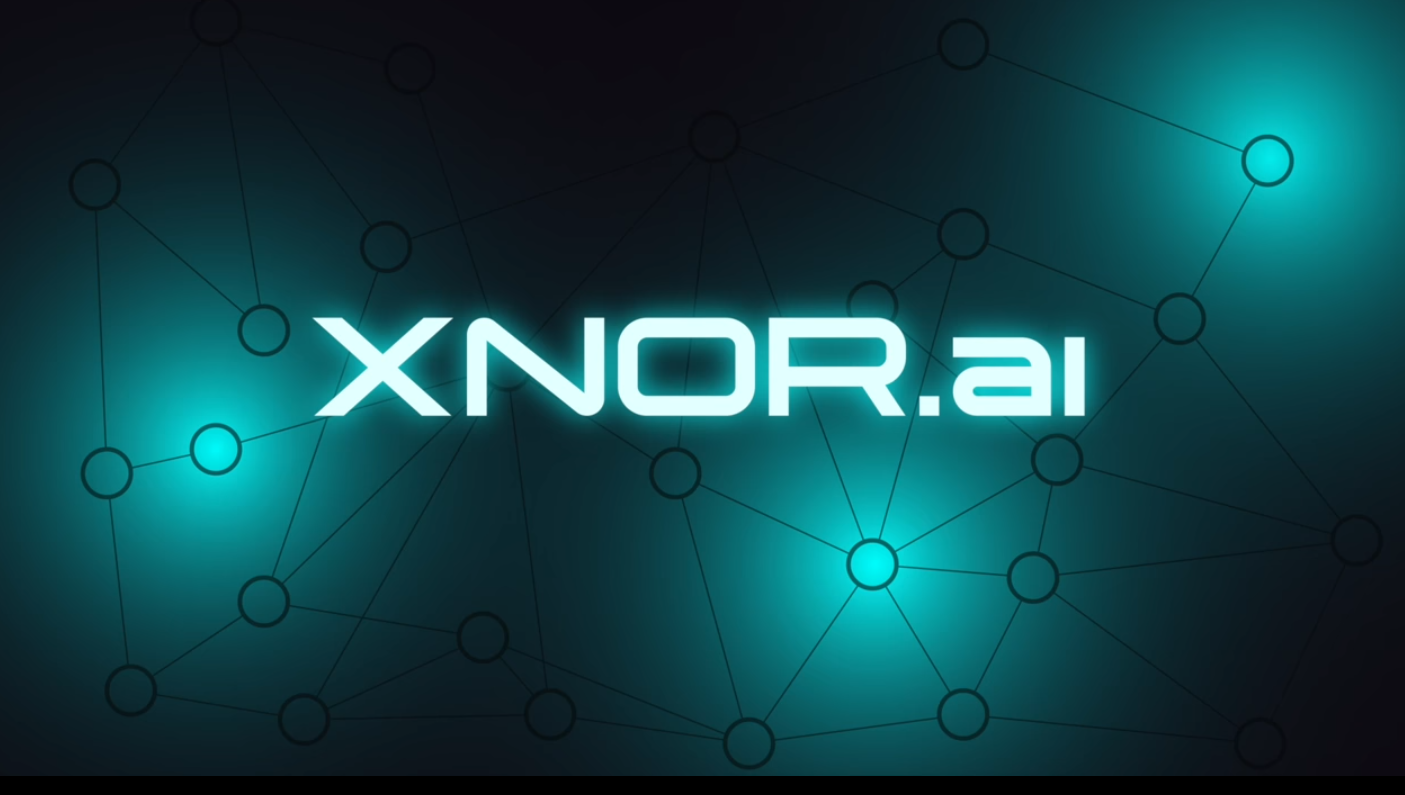Every marketer understands the impact of engaging customers on Facebook but lacks the inability to sustain interest through organic and sponsored posts. Conversely, Facebook users are responding more to News Feeds compared to paid marketing content. As consumers are increasingly adopting ad blockers to keep away disruptive ads from spoiling their experiences, marketers have begun to acknowledge the power of Facebook marketing as a key driver in generating consumer engagement, especially in the ‘original content’ category. That’s exactly what Mavrck’s latest report on User-Generated Content intends to showcase through its industry-benchmarking insights on Facebook marketing.
Mavrck, the leading micro-influencer marketing, announced the release of “Facebook User-Generated Content (UGC) Benchmark Report”, a study that compares how engagement levels with both brand-generated posts and user-generated posts changed over the course of 2016. Mavrck’s analysis of News Feed engagement trends also features guidance for marketers on how they can most effectively use Facebook to connect with their intended audiences in 2017.
“In 2016, Facebook made several significant updates to their news feed algorithm to place emphasis on content from friends and family,” said Lyle Stevens, CEO of Mavrck.
“Using our massive dataset of consumer Facebook posts, we were able to determine how these (algorithm) changes impact the way consumers engage with content from friends and family on the social network. This is critical for marketers to understand when considering ways to reach their target audience in the News Feed.”
The report features an analysis of 25 million user-generated Facebook posts published between January 2016 and December 2016, aggregated from the first-party authentication of one million micro-influencers, defined as people with between 500 and 5,000 Facebook friends.
Key Insights from Facebook UGC Benchmark Report
- User engagement in 2016 fell compared to 2015
There was a 15.14% decrease in engagements per post in 2016 compared to 2015. Users also saw 11.41% year-over-year decrease in the total number of engagements on their posts.

- Facebook users posted fewer original posts in 2016
Average original posts per user decreased 29.49% in 2016, resulting in lower engagements per user.
- UGC containing a “brand” mention improve engagement
UGC that included a brand name generated 6.9x higher engagement than independently marketed brand-generated posts.
- Number of Likes, Comments, and Shares weaker in 2016 than in 2015
Compared to 2015 user engagement statistics, 2016 saw an increase of 7.87%, 37.47% and 27.8% decrease in Likes, Comments, and Shares per post.
- Likes and Comments rebounded during 2016
Over the course of 2016, there was a 30.7% increase in likes per post and a 19.84% increase in comments per posts. Shares per post decrease by 4.81% over this period.
- Broke the 7-month jinx in News Feed engagement
Facebook successfully reversed seven declining months of News Feed. Facebook’s 2016 algorithm changed, which focused on prioritizing both video content and content shared by users, reversing the seven consecutive months of decline in News Feed engagement, occurring between September 2015 and March 2016.
- 2016 ended on a high note
Users engaged more with each other by the end of 2016 than they did at the beginning of the year. The year saw 26.06% increase in engagement per post between January and December.
User-generated posts drove much higher engagement than brand-generated posts: User-generated content featuring a brand drove 6.9x higher engagement than brand-generated content.
Mavrck’s analysis shows a clear correlation between a user’s influence and the average engagement that user saw per post. On average, the earned engagement rate for users in the 75th influencer percentile was 3.5x higher.
“For marketers, the greatest opportunity to reach your target audience on Facebook is by encouraging existing customers to create user-generated content about your brand, rather than simply publishing and promoting brand-generated content,” commented Stevens.
“With user-generated posts earning 7x more engagement than brand-generated content, I expect to see more companies ramp up their influencer marketing and digital word-of-mouth efforts as factors like ad load come into play this year.”
Mission 2017: Rejig Facebook marketing Efforts to Grow Base of Loyal and Recommending Influencers

Focus on News Feeds Marketing Strategy
Marketers should expect Facebook to run out of ad space in mid-2017 due to unlimited ad supply. As Facebook’s ad marketplace turns elusive for brand engagement, marketers should plan an alternative marketing strategy, focusing majorly on original content and News Feed posts. Marketers need to make a choice between having “News Feed visibility or being outbid and off-network – buying your CPMs through Facebook’s Audience Network.”
Leverage Influencers within User Community
Facebook users respond to more content when shared among friends and families. According to Adam Mosseri, VP- Product Management, News Feed, “Friends and family come first (on Facebook).”
Facebook’s UGC Benchmark Report recommends marketers to improve engagement with existing customers, offering Loyalty Programs to those who created and shared content via contest entries, product feedback, referrals and social content.
Facebook LIVE and Instagram should inspire marketers to increase the time users engaged with content – posts, photos, videos and News. Collectively, content marketing for Facebook should be informative, educational, inspiring, entertaining and ROI-centric.
The report suggests –
“Prompt users to share exclusive product offers. These are promotional posts that include promo codes and other exclusive promotions that friends & family can redeem. These posts are often transactional, with the customer receiving a mutual incentive of equal or more perceived value (FTC disclosure required).”
Even if Facebook continues to alter its algorithm frequently, UGC-powered social strategy buffers its impact on ad strategy significantly. Facebook marketing initiatives in 2017, powered by MarTech tools to automate and scale customer engagement, will be easier to integrate with existing ad strategy.











